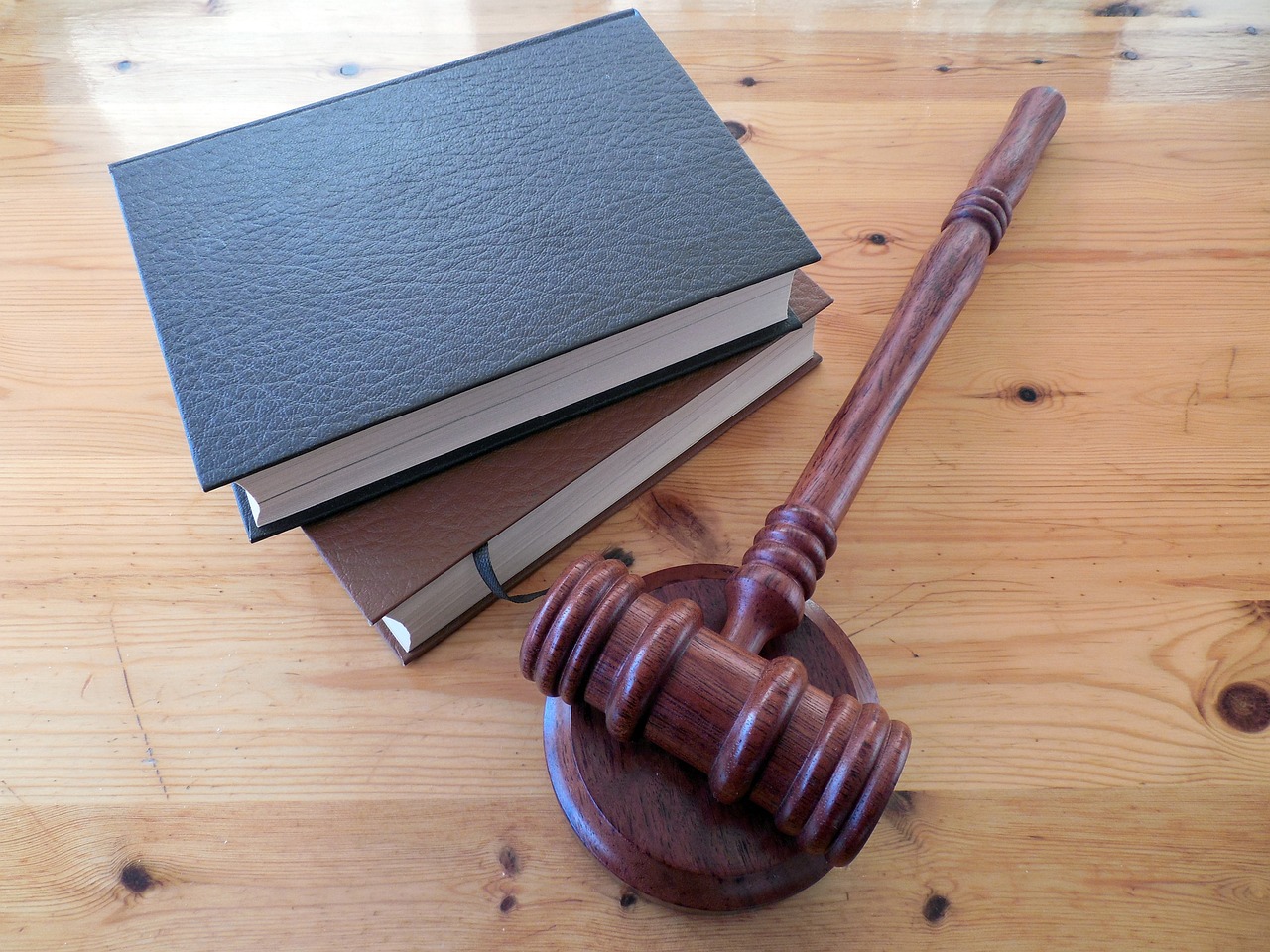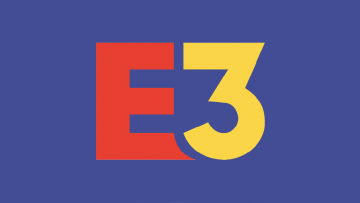
Judge Rules Against Ghost Rider Co-Creator in Copyright Case
We’re going to go beyond blue for this story, and tell you the outcome of a federal court case that could have a huge impact on another case we’ve been following for months.
The Reuters news service reported on Thursday that a federal judge ruled against former Marvel Comics freelance writer Gary Friedrich, the co-creator of the modern day Ghost Rider, in a copyright case. Amid development of the first Ghost Rider movie, Friedrich filed suit against Marvel in 2007 on infringement grounds, saying he and not Marvel had exclusive rights to the character when it came to movies and everything else outside the comic series.
But the judge disagreed, saying Friedrich gave up those rights when he signed and cashed checks from Marvel that had language allowing the company to retain ownership of his work.
To be sure, a second report from the Associated Press claims Friedrich signed an agreement with Marvel in 1978 that affirmed relinquishment of those rights in exchange for consideration of future freelance work.
An appeal is planned.
Why should you care? This decision at minimum reaffirms one precedent and perhaps sets another, and either or both may be considered in the upcoming Archie v. Penders trial. The heart of this dispute currently centers around whether Penders agreed to work for hire contracts with Archie, and whether key areas in those contracts were properly specified. If anything, the Friedrich case demonstrates such agreements will be considered.
But that was a given. The new wrinkle may be what, if any language was contained in the checks Penders signed and/or cashed when he was paid for his work on the series. Penders did state in an affidavit he signed pay vouchers from Archie. If Archie can show similar language on those vouchers or checks detailing relinquishment of those rights–or can now successfully argue the implied consent of such relinquishment in light of this decision–it makes Penders’s case that much more difficult to defend. In simple terms, it’s another out for Archie to argue.
Of course, the circumstances of both cases are different; we’re merely talking about an application of the law in one case that could find itself in another. And to be fair, any new evidence Archie could show in the wake of this decision may not be admissible for trial, with it cutting so close to the trial date. The Archie v. Penders trial will begin late in January in New York state.
This post was originally written for TSSZ News.






